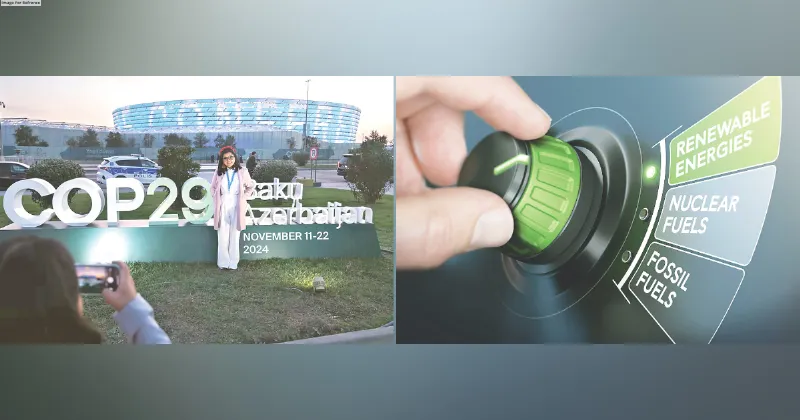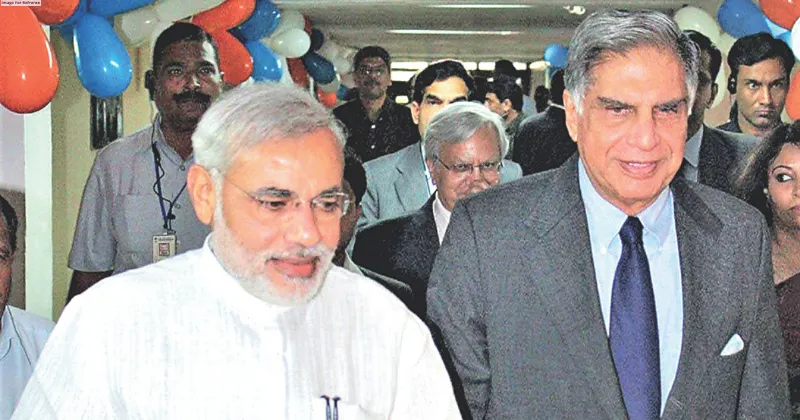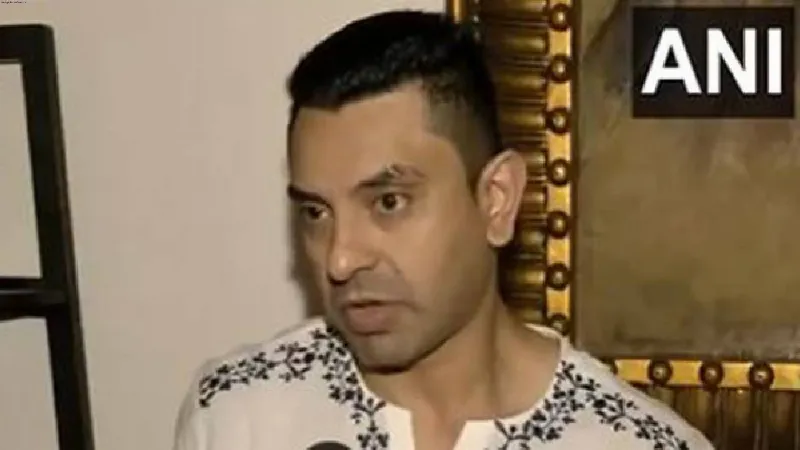Making Flow a Reality

Flow is an appealing concept that has caught on in a big way. The notion that life can flow as effortlessly as a river holds out an ideal that counters the demanding reality of modern life. Many more people long for flow than achieve it, but that can change once the whole concept is understood better.
The opposite of flow is resistance, which is the main quality of stress. Stress throws up obstacles. I’ve heard it defined as “resistance to existence.” One reason that people don’t get very far with flow is their reluctance to address stress. It has become a numb concept worn out by overuse. If stress management is something you don’t pay attention to, flow will remain out of reach.
Let’s acknowledge all of this while aiming at a more livable approach to stress. Linking it to flow works very well, because with every reduction in stress, flow increases. You gain a reward that motivates you to keep going.
Flow is reachable if you attend to three areas that are under your control. That alone is a breakthrough since most people think of stress as the noise, bother, and pressure coming from “out there.” You can’t control a stressful world, but you can immunize yourself against it.
The three areas of stress are the following:
You stress others.
You stress yourself.
You resist existence.
Each cause is open to change, often in surprisingly easy ways. The solution to all three is selfawareness. Once you have the intention to increase flow in your life, the responsibility lies with you. At the same time, however, the reality of flow starts to dawn automatically, because flow is how Nature works. Regain your connection to your own nature “in here,” and flow restores itself.
In practical terms, the three areas that need improving lead to conscious choices on your part.
1. STOP BEING A STRESSOR TO OTHERS
If you are like almost everyone, you see yourself as the victim of stress, but someone has to be the stressor, and that someone is likely to be you under the following conditions: You seek support and validation instead of being self-reliant. You are demanding and critical. You are overly competitive and turn every situation into something where you must win and definitely not lose.
These behaviors put pressure on other people, and pressure is the simplest definition of stress. Not all pressure is the same, but you have control over any pressure you put on others. The hidden message in these stressors is “You have to take care of me. I can’t do this alone,” “Not good enough,” and “I have to win.”
Rather than analyzing everything in psychological detail, you are acting as a stressor if the people around you are distant, unhappy, tense, resentful, or uncommunicative. Flow is easy to spot at the feeling level. It is relaxed, open, accepting, non-judgmental, and connected with other people. If you lack those things, look at your behavior in real-time. The minute you say or do something that blocks someone else puts pressure on them or makes them feel judged, take responsibility and stop.
2. STOP SELF-STRESSING
This is simply an extension of being a stressor, except that the victim is yourself. Take any behavior we’ve just discussed, and in place of “other people,” insert the word “me.” How do people stress themselves? The list is long if you include all forms of selfjudgment, low self-esteem, bad habits, self-defeating beliefs, and a sense of “I’m not good enough.”
You might be prone to one of these in a strong way that colors your whole attitude toward yourself, but it is more likely that they are triggered by a bad situation. Life is unpredictable, and you never know what will trigger self-stress next. However, being vigilant and defensive, warily anticipating worst-case scenarios, only compounds the problem. It would be nice if we could stop stressing and say, “I love myself. I am enough. I feel my personal power.”
As desirable as that sounds, it doesn’t solve the practical and immediate problem of self-stress. I think the best practical response is to take a break anytime you notice worry, tension, self-doubt, insecurity, or a sense of overwhelm. Find a quiet place, close your eyes, and take a few deep breaths. Place your attention on the area of your heart, and easily follow your breathing. Do this for a few minutes or until you feel calm and centered.
If you get in the habit of doing this as many times a day as you need to, you will condition your nervous system to accept calm relaxed alertness as its default state, replacing the harried, rushed state it is in right now, which is a very unhealthy default.
3. STOP RESISTING EXISTENCE
The Indian spiritual tradition made an enormous contribution when it taught that everyone is supported by an evolutionary impulse known as Dharma. Put simply, Dharma upholds your choices when they benefit your personal evolution. Here we arrive at the heart of flow. It really doesn’t make much difference if you experience flow to nowhere. You can sit in a chair and passively watch life flow past you. The result is that you will be left behind.
THE VIEWS EXPRESSED BY THE AUTHOR ARE PERSONAL
Deepak Chopra, The writer is MD, FACP, FRCP founder of the Chopra Foundation, a non-profit entity for research on well-being and humanitarianism, and Chopra Global





















